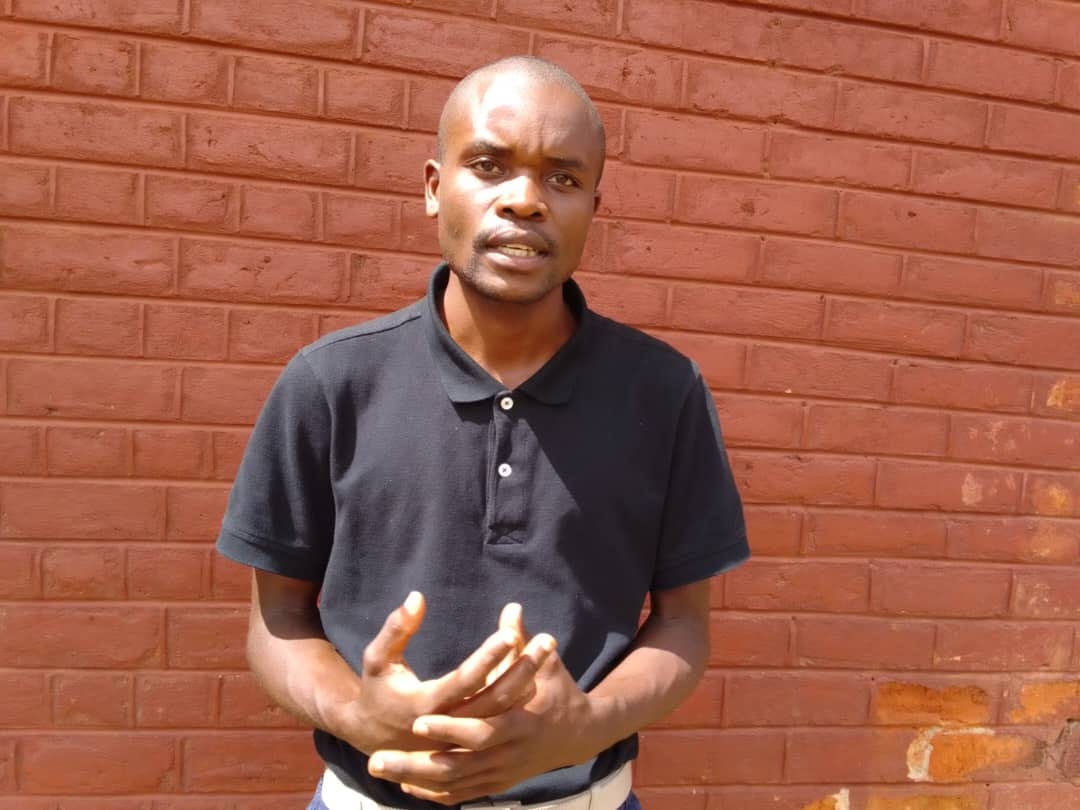Mzimba Youth Group Develops Eco-Friendly Briquettes from Cassava, Potato Peels
The successful development and implementation of this eco-friendly alternative to charcoal could have significant environmental and economic benefits for Mzimba and beyond.
MZIMBA, Malawi – A youth organization in Mzimba is on the verge of finalizing its experiment on producing briquettes from cassava and potato peels, aiming to provide an eco-friendly alternative to charcoal and combat deforestation, writes Everister Lungu.
Antony Botha, Programs Manager at the Mzimba Youth Organization, explained the motivation behind the initiative in an interview.
"We want to bring a new alternative in protecting the environment," he said.
"It's easy to tell people to stop using charcoal, but change cannot be seen if there are no alternative measures put in place, otherwise, we'll still see illegal charcoal production."
Botha emphasized the organization's vision to reach all of Malawi and empower young people through briquette-making skills.
"Youths will be trained for free, and we have face-to-face interactions to ensure they fully understand the process," he said.
Angela Chunga, a member of the youth organization, expressed optimism about the project's potential impact.
"The introduction of briquettes in Mzimba will help reduce deforestation in the district," she said.
This initiative positions the Mzimba Youth Organization as a potential leader in sustainable development within the northern region, following Raiply in briquette production.
The successful development and implementation of this eco-friendly alternative to charcoal could have significant environmental and economic benefits for Mzimba and beyond. It has the potential to:
Reduce deforestation: By providing a viable alternative to charcoal, the project can help curb the unsustainable practice of cutting down trees for fuel, thereby protecting forests and preserving biodiversity.
Combat climate change: Deforestation is a major contributor to greenhouse gas emissions. By reducing deforestation, the project can help mitigate climate change.
Empower youth: The initiative provides young people with valuable skills and knowledge, enabling them to contribute to environmental protection and potentially generate income through briquette production.
Promote sustainable development: The project aligns with the principles of sustainable development by meeting the needs of the present without compromising the ability of future generations to meet their own needs.
The success of this initiative hinges on various factors, including:
Large-scale production and distribution: Ensuring the briquettes are readily available and affordable for communities is crucial for widespread adoption.
Raising awareness and education: Educating the public about the environmental benefits of using briquettes and promoting their use as a viable alternative to charcoal is essential.
Collaboration and partnerships: Working with relevant stakeholders, such as government agencies, NGOs, and private companies, can provide the necessary support and resources to scale up production and ensure the project's long-term sustainability.
The Mzimba Youth Organization's innovative approach offers a promising solution to environmental challenges in Malawi.
By addressing the issue of deforestation and empowering young people, this initiative has the potential to contribute significantly to a more sustainable future for the region.



